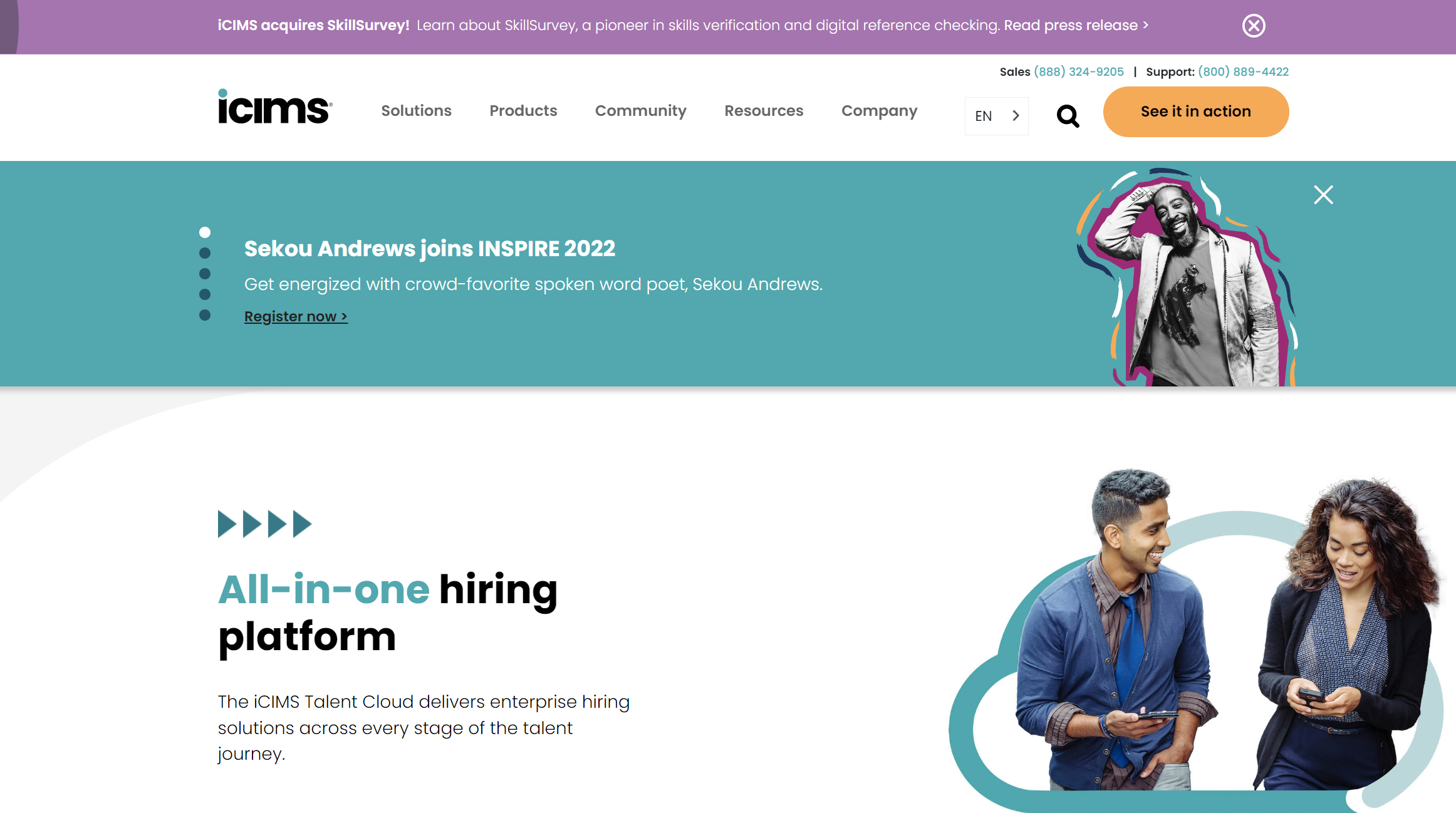Gen Z Recruiting Startup RippleMatch Raises $45 Million To Boost Job-Matching Technology

New York-based college recruiting startup RippleMatch raised $45 million in Series B funding, the company announced Wednesday. The investment values the company at $205 million as it bulks up to take on traditional job search giants like LinkedIn and Indeed.
The round was led by Goldman Sachs, with participation from G20 Ventures and Work–Bench. Cofounder and CEO Andrew Myers declined to provide the company’s revenue, but said the new funding will allow RippleMatch to hire more engineers, data scientists and product managers to boost its job-matching technology.
Myers, a Yale University dropout, teamed up with fellow student and now company president Eric Ho, in 2016 to create RippleMatch, a platform that uses AI to match college students with jobs and give employers a more diverse pool of candidates. With more than 2 million users creating profiles to get interviewed by RippleMatch clients like Amazon and General Mills, Myers and Ho earned a spot on the 2022 Forbes Under 30 Enterprise Technology list.
After meeting at Yale, Myers, 29, and Ho, 28, saw how many of their fellow students–who were seemingly great candidates for the jobs they were applying for–didn’t make it to the first interview.
“We started to realize we could actually replace job boards with technology that could bring the right opportunities directly to candidates, kind of the way that TikTok brings the right content,” Myers says.
RippleMatch users are able to create free profiles where they can upload their professional information and what they’re looking for in an employer. The startup then uses artificial intelligence to scan students’ profiles and identify top candidates for internships and jobs posted by employers, who pay an annual subscription fee between $30,000 and $250,000 to use the platform. Employers are able to set up events for, interact with and receive recruiting data on job seekers.
The new funding will allow RippleMatch to double the size of its 130-person staff, add analytics for employers and improve the company’s algorithm to triple the success rate of users getting a first-round interview. “We have to scale both the employer base and the candidate base, so every single subsequent employer that we have on our platform increases the value for job seekers and vice versa,” Ho says.
The platform has connections with more than 1,500 schools— including over 170 historically Black colleges and universities and Hispanic-serving institutions—and claims to make it 22 times more likely for users to get a first-round interview than if they were using competitors LinkedIn or ZipRecruiter.
“Our algorithm is tailored to candidates not only based off of their background and what they want to do in their next job, but also how likely they are to succeed and get that first job interview,” Ho says. “We make sure that we only surface opportunities that they’re actually going to be successful in rather than having candidates scroll through thousands of job listings, not knowing what goes on behind the surface at the actual company.”
But to compete amongst established job boards like LinkedIn and Indeed, the startup will have to build its name recognition against those bigger competitors, and prove its efficacy to both job seekers and employers, says David Napeloni, vice president of global client services at management consulting firm Korn Ferry. “The biggest challenge for any of these types of sites is showing the return on the investment for the company,” he says. “The values, culture and innovation in an organization are driving candidate decisions, and recruiters are trying to match up those types of items to candidates. It’s only natural that job boards follow that trend.”
For Sudipta Chakroborty, a recent graduate from Baruch College, RippleMatch works, as the job site helped him secure a role at Amazon as an area operations manager. “Sites like LinkedIn, Indeed and ZipRecruiter are all great for professionals who already have an established resume because they have industry experience,” Chakroborty says. “What makes RippleMatch unique is not only are you applying, but companies are being matched with you. On other platforms, you don’t really have that option; you’re blindly throwing a dart and hoping you’re a good match with a company.”
The platform also can correct all kinds of conscious and unconscious bias in the recruiting process, says G20 Ventures partner and investor Mike Troiano.
“By collecting a whole bunch of proprietary attribute data about who these people are and what they want and using that to match job seekers with companies,” he says, “you end up getting the best people, not just the people who look like the people you have.”
BY Jair Hilburn
SOURCE Forbes – Gen Z Recruiting Startup RippleMatch Raises $45 Million To Boost Job-Matching Technology (forbes.com)


